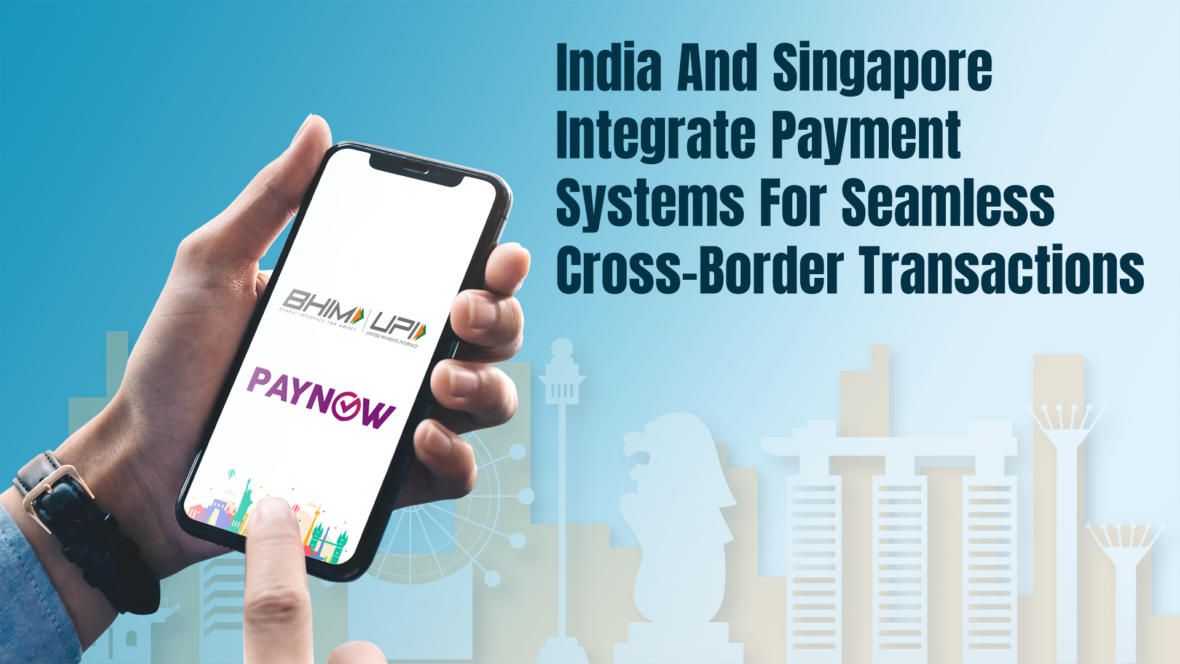The integration of India’s UPI (Unified Payments Interface) and Singapore’s PayNow payment systems allows users in India and Singapore to transfer money instantly and seamlessly between the two countries. This integration is significant as it marks the first international interoperability of real-time retail payment systems in Asia.
Benefits and Implications of This Integration
Here are some benefits and implications of this integration –
Increased convenience and efficiency: The integration of UPI and PayNow eliminates the need for users to go through multiple steps and intermediaries to transfer funds between India and Singapore. This leads to faster and more convenient transactions, reducing time and costs associated with cross-border payments.
Enhanced trade and investment: The integration of UPI and PayNow facilitates cross-border trade and investment between India and Singapore. It simplifies payment processes, reduces transaction costs, and eliminates foreign exchange rate risks, making it easier for businesses to engage in cross-border commerce.
Boosts digital economy: The integration of UPI and PayNow further supports the development of a digital economy by providing users with a seamless, secure, and real-time payment system. It encourages greater adoption of digital payments and e-commerce, which helps drive economic growth and financial inclusion.
Benefits individuals and businesses: Individuals and businesses in both countries benefit from the integration of UPI and PayNow. For example, students studying in Singapore can now receive money from their parents in India instantly, without having to pay high fees for international transfers. Similarly, businesses can now easily settle cross-border payments, reducing the costs associated with traditional international banking.
In conclusion, the integration of India’s UPI and Singapore’s PayNow is a significant milestone in the development of cross-border payment systems in Asia. It offers numerous benefits to individuals and businesses in both countries, further driving the growth of the digital economy and cross-border trade and investment.






